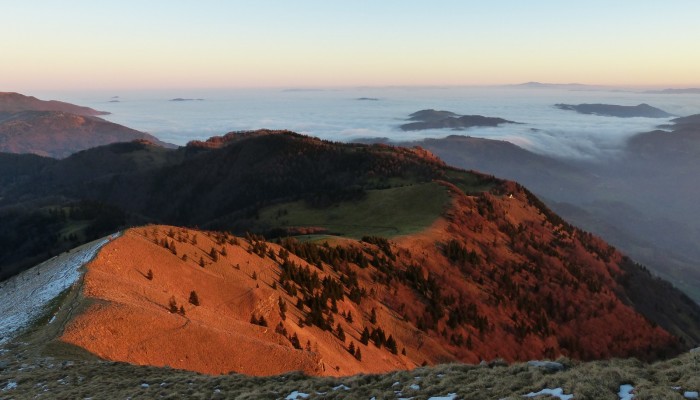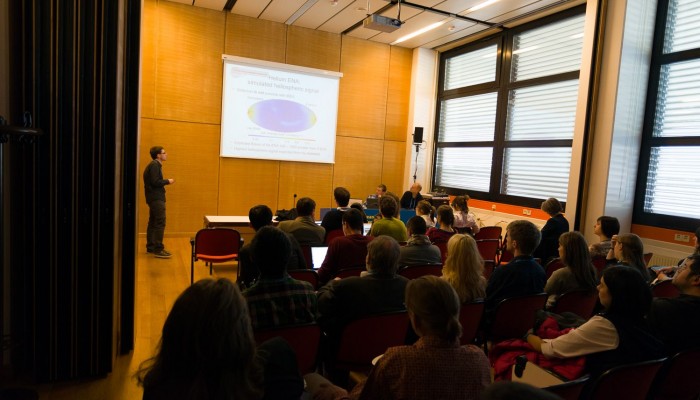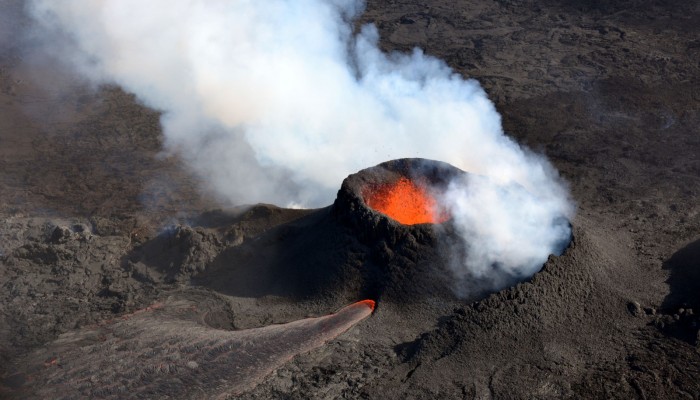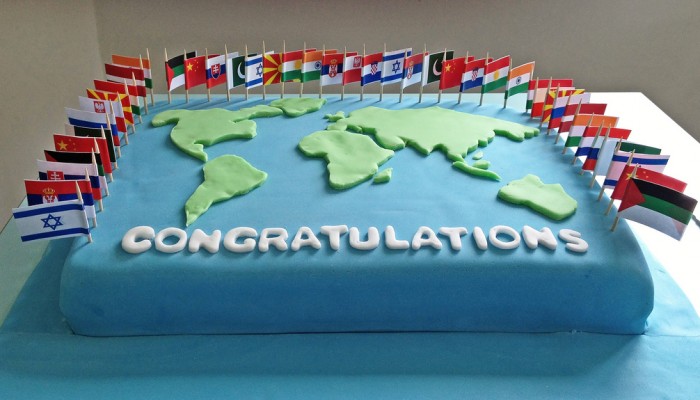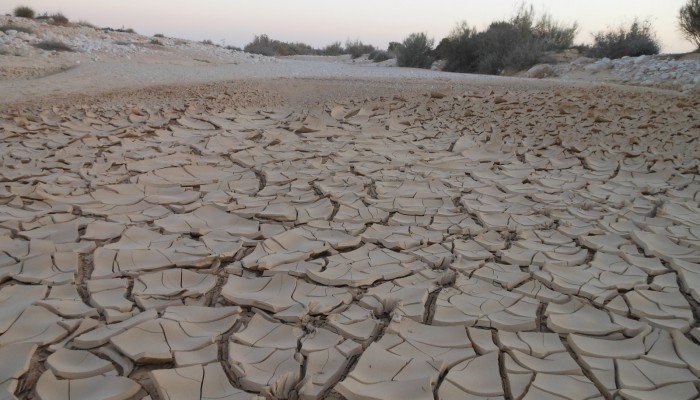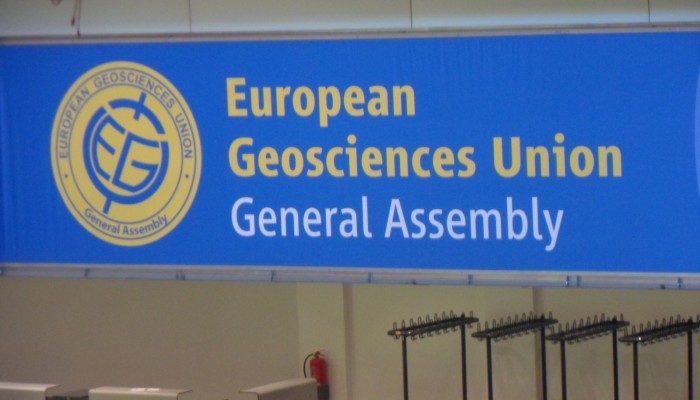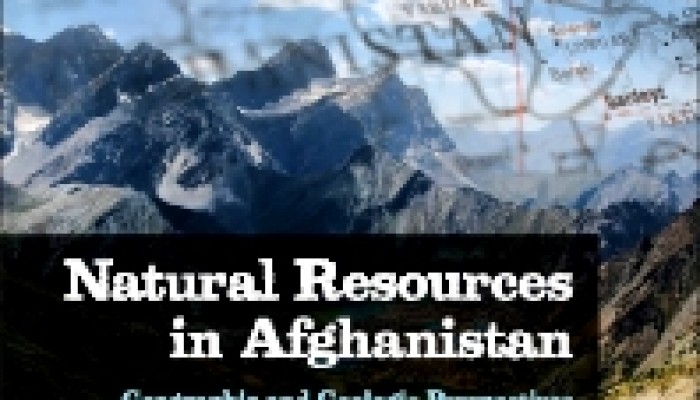This week’s Imaggeo on Mondays image is brought to you by Cyril Mayaud, from the University of Graz (Austria), who writes about an impressive hike and layers of cold and warm air. Thermal inversion is a meteorological phenomenon which occurs when a layer of cold air is trapped near the Earth’s surface by an overlying layer of warmer air. This can happen frequently at the boundary between mountaino ...[Read More]
If you didn't find what you was looking for try searching again.
GeoLog
Meet the experts: The future of solar-terrestrial research
This year’s General Assembly saw more Short Courses than ever before! With many of the 50 courses on offer having been organised by and/or for early career scientitst, there was no excuse not to pick up some new skills. In this guest blog post, Jone Peter Reistad a PhD candidate at the University of Bergen, outlines the details of a session which explored what the future might hold for resea ...[Read More]
GeoLog
Iceland’s Bárðarbunga-Holuhraun: a remarkable volcanic eruption
A six month long eruption accompanied by caldera subsidence and huge amounts of emitted gasses and extruded lavas; there is no doubt that the eruption of the Icelandic volcano in late 2014 and early 2015 was truly remarkable. In a press conference, (you can live stream it here), which took place during the recent EGU General Assembly, scientists reported on the latest from the volcano. Seismic act ...[Read More]
GeoLog
Communication and Education in Geoscience: Practice, Research and Reflection
In this guest blog post, an international group of researchers discusses a recent communication and education session that they convened at EGU’s 2015 General Assembly. If you are involved in any of these disciplines, we’d love to hear your opinions on how you think their practitioners are currently viewed, both within the geosciences and by the general public. We look forward to your comments. Th ...[Read More]
GeoLog
Floods and droughts set to increase due to climate change
The planet is set to encounter a record-level amount of floods and droughts by 2050 – researchers recently announced at the European Geosciences Union’s General Assembly in Vienna. Nikita Marwaha shares their predictions on the impact that climate change will have on these extreme weather conditions. In a study by the Joint Research Centre (JRS) – the European Commission’s in-house science service ...[Read More]
Geology for Global Development
EGU General Assembly 2015 – Events and Schedule
Next week I’ll be heading to Vienna for the European Geosciences Union General Assembly (12-17th April). This annual gathering of thousands of geoscientists from all over the world, has been a regular feature of my research calendar since 2012 and a great opportunity for GfGD to talk with experts from around Europe and beyond. This year I’ll be based in the Press Office, combining rese ...[Read More]
Energy, Resources and the Environment
What to see at EGU?: Young Scientist events
Within a week the EGU General Assembly will kick off! This year the topic will be A Voyage Through Scales. For those that will attend for the first time, the scale of EGU itself may be impressive enough already. So how do you decide where to go? Here we hope to point you to a few interesting sessions, in case you get completely lost. To start with, there are a number of interesting events for Youn ...[Read More]
Geology for Global Development
Book Review: Natural Resources in Afghanistan – Geographic and Geologic Perspectives on Centuries of Conflict
This article was originally published online by Geoscientist, the independent fellowship magazine of the Geological Society of London. Afghanistan has been in the news for as long as I can remember, normally as a place of conflict and almost never as a place of diverse landscapes, resources and culture. In 2011, however, I was invited to join a workshop in Leicester on higher education in Afghanis ...[Read More]
Energy, Resources and the Environment
I’m a Geoscientist: Sian Loveless – ‘Young Scientist Representative’ Officer
It’s I’m a Geoscientist week! Or more exactly: weeks. From March 9 until March 20, the EGU supports I’m a Geoscientist to help students engage with scientists about real science. The Energy, Resources and Environment Division of the European Geosciences Union encompasses a broad range of different ERE-related topics, from surface to subsurface, spanning all aspects of geosciences ...[Read More]
Energy, Resources and the Environment
I’m a Geoscientist: Suzanne Hangx – ‘Subsurface’ Officer
It’s I’m a Geoscientist week! Or more exactly: weeks. From March 9 until March 20, the EGU supports I’m a Geoscientist to help students engage with scientists about real science. The Energy, Resources and Environment Division of the European Geosciences Union encompasses a broad range of different ERE-related topics, from surface to subsurface, spanning all aspects of geosciences ...[Read More]

